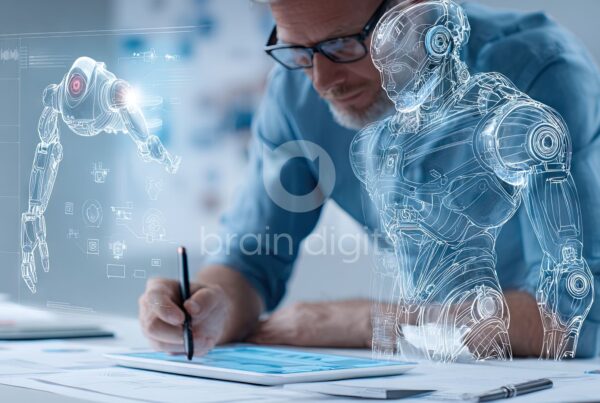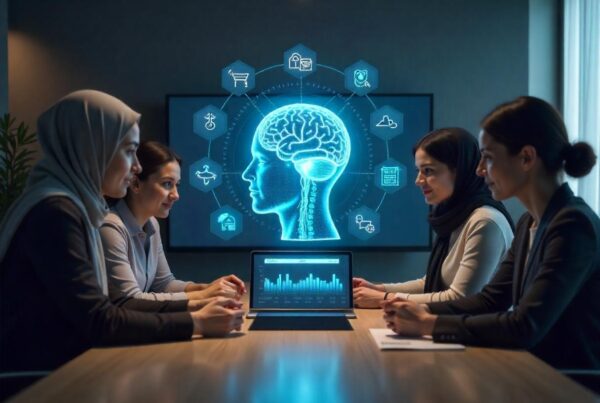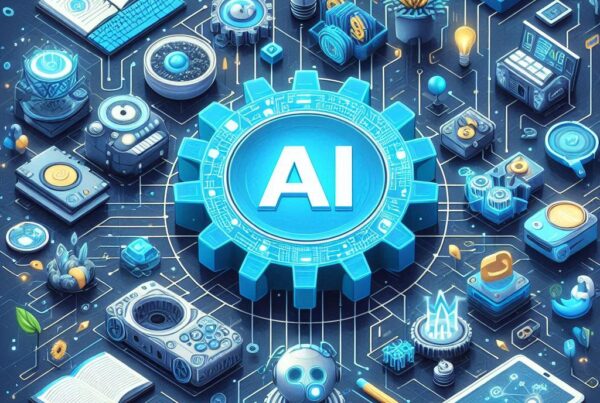The rise of education technology has had a profound impact on the way we learn and develop, and it shows no signs of slowing down. From online courses to virtual reality simulations, technology is enabling new and innovative ways to learn that are more accessible, flexible, and engaging. However, as with any disruptive technology, there are concerns that technology may disrupt traditional learning methods and undermine the role of educators and trainers.
One of the key benefits of education technology is its ability to provide more flexible and personalized learning experiences. With online courses and virtual learning environments, learners can access education at their own pace, in their own time, and from any location with an internet connection. This can be especially beneficial for learners who may not have access to traditional learning environments due to location, time constraints, or other barriers.
Another benefit of education technology is its ability to personalize learning experiences for individual learners. With adaptive learning algorithms and data analytics, educators and trainers can analyze learner performance and behavior to identify areas of weakness and tailor learning content to meet individual needs. This can help to create more effective and engaging learning experiences that are tailored to the needs and preferences of each learner.
However, there are also concerns that education technology may lead to a dehumanization of learning, where learners are reduced to mere data points and personal learning algorithms replace the expertise and guidance of educators and trainers. Some argue that technology may undermine the role of educators and trainers by replacing face-to-face interactions and personalized support with online interactions and automated feedback.
Furthermore, there are concerns that education technology may perpetuate existing inequalities and biases in the learning and development landscape. For example, learners from lower socioeconomic backgrounds may not have access to the same technology and resources as learners from more affluent backgrounds, which could lead to disparities in learning outcomes. Additionally, there is a risk that personal learning algorithms may reinforce existing biases and stereotypes, rather than challenging them.
Despite these concerns, there is evidence to suggest that education technology can enhance traditional learning methods by enabling educators and trainers to deliver more personalized and engaging learning experiences. For example, virtual reality simulations can provide immersive and interactive learning experiences that are not possible in traditional classrooms, while social learning platforms can foster collaborative learning and peer-to-peer support.
Ultimately, the success of education technology will depend on how it is implemented and integrated into the learning and development landscape. Educators and trainers must be willing to adapt their teaching methods to take advantage of new technologies, while also retaining their expertise and guidance. Additionally, education technology must be designed in a way that prioritizes accessibility, diversity, and inclusion, and avoids reinforcing existing inequalities and biases.
In conclusion, the future of learning and development is a complex and nuanced topic that requires careful consideration of both the potential and challenges of education technology. While there are concerns that technology may disrupt traditional learning methods and undermine the role of educators and trainers, there is also evidence to suggest that technology can enhance traditional learning methods by enabling more flexible, personalized, and engaging learning experiences. As we navigate this rapidly changing landscape, it is essential that we prioritize the needs of learners and the expertise of educators and trainers to create a successful learning and development landscape for the 21st century.



